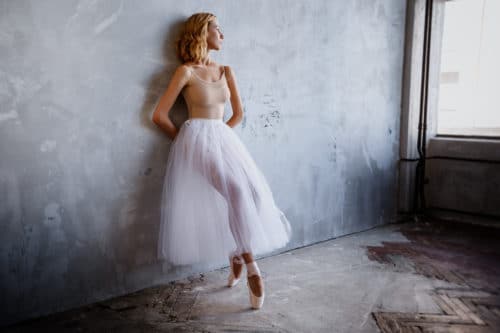Do You Want to be an Old Woman?
A woman is the full circle. Within her is the power to create, nurture and transform.
~Diane Mariechild
Aging in Place
In the ancient traditions of the western European dragons they were portrayed as destructive forces that the gods must do battle with in the pursuit of good versus evil. “Here there be dragons” was a phrase placed on maps of the time where the medieval English mapmakers described territories that remained unknown and unexplored. Beyond the edges of their experience was thought to be dark freighting forces where timid souls should never go–only the gods dare venture.
Old Age Territory
The analogy of unexplored far-off and frightening territory, Here There be Dragons, might describe old age for some. Living past the age of 65 in great numbers is a relatively recent phenomenon. For women, life expectancy at birth in 1900 was a mere 48.3 years (men = 46.3). By contrast, one-in-five Americans will be over the age of 65 by the year 2030. Adults over the age of 65 will then outnumber teens 2:1. Longevity, for the developed world at least, is the “Here There be Dragons” of modern times.
Aging Women
Early in my nursing career I remember listening to the lungs of an elderly woman who was admitted with exacerbation of congestive heart failure. She was what we call in the business “a frequent flyer” because of her many admissions for acute episodes of chronic conditions.
As I carefully placed my stethoscope into my ears, then strategically on her chest, I requested that she take: “BIG BREATHS–BIG BREATHS” (in my nurse voice). Suddenly she said something and then began to chuckle with light laughter–not being able to hear, I pulled the ear prong out of one ear and asked her: “What did you say?” Her response has stayed with me some 30 years later…
In a quivering Parkinson-like voice (think Katharine Hepburn in later years): “THEY USED TO BE…” The smirk smile that came over her face added levity to a tense situation, and I laughed out loud!
This kind of humor brings to mind another woman who was quick witted into her later years. Gypsy Rose Lee was a “stripper” (never fully undressed) and a towering intellect. She employed her craft to get men’s attention as she mesmerized them into her way of thinking by political persuasion. She too, could joke about her growing older and accepted herself at any age. For example, she once exclaimed:
“I’ve got everything I always had. Only it’s six inches lower!”
~In Barbara McDowell and Hana Umlauf; A Woman’s Almanac (1977)
Through the years I have always told this story as a highlight in my career. It speaks to the truth about aging and how essential it is to be able to joke and be accepting about growing older and what it brings. If we are fortunate to experience old age (and not all are) hopefully we will be able to have a sense of humor about the changes–like these women did.
Bold Ad Campaign Dares to Ask: Do You Want to be an Old Woman?
Kaiser Permanente years ago had an Ad campaign that was bold and brilliant in that it flies in the face of conventional wisdom in several important ways:
1. We want you to use our services (not typical insurance model) 2. The 3rd rail in marketing is to mention the word “aging” or “old” you must instead use euphemisms (“Thriving in Place”) when selling to boomers. This was golden rule #1 and Gerontophobia is the reason. 3. Traditional medical model privileged sick-care not healthcare. Emphasis on the Peak-and-Decline model of aging. Focus on pathology and what goes wrong.
This campaign had the audacity to ask the question straight out: “DO YOU WANT TO BE AN OLD WOMAN? “It is NOT about ANTI-aging–in fact, just the opposite. Emphasize preventive care (get a mammogram) so you can live long enough to BECOME AN OLD WOMAN! And experience all the unknown experiences (territories–here there be dragons) awaiting you.
Compressing Morbidity
Extending life without extending health is a hollow victory–they are not the same thing. This is about “Compressing Morbidity” or staying healthy into old age and staving off disease until the very end.
When I grow up is a message that demonstrates a deeper understanding of human behavior and respects maturing psyches of women who are embracing all ages of their human experience. Living fully within each age is a choice.
I remember my experience as a medical escort running marathons with the late famed Mavis Lindgren. She so often exclaimed: “I’M HAVING FUN BEING AN OLD LADY!” And she meant it. Perhaps out in those uncharted waters of old age she encountered a different kind of dragon, of the Asian tradition that symbolizes power, happiness, good fortune and wealth–and has a message for those of us waiting on the shores of middle-age and beyond; There is pleasure at every age.
________________________________________________________________________________________________
Links to click on:

